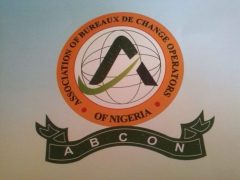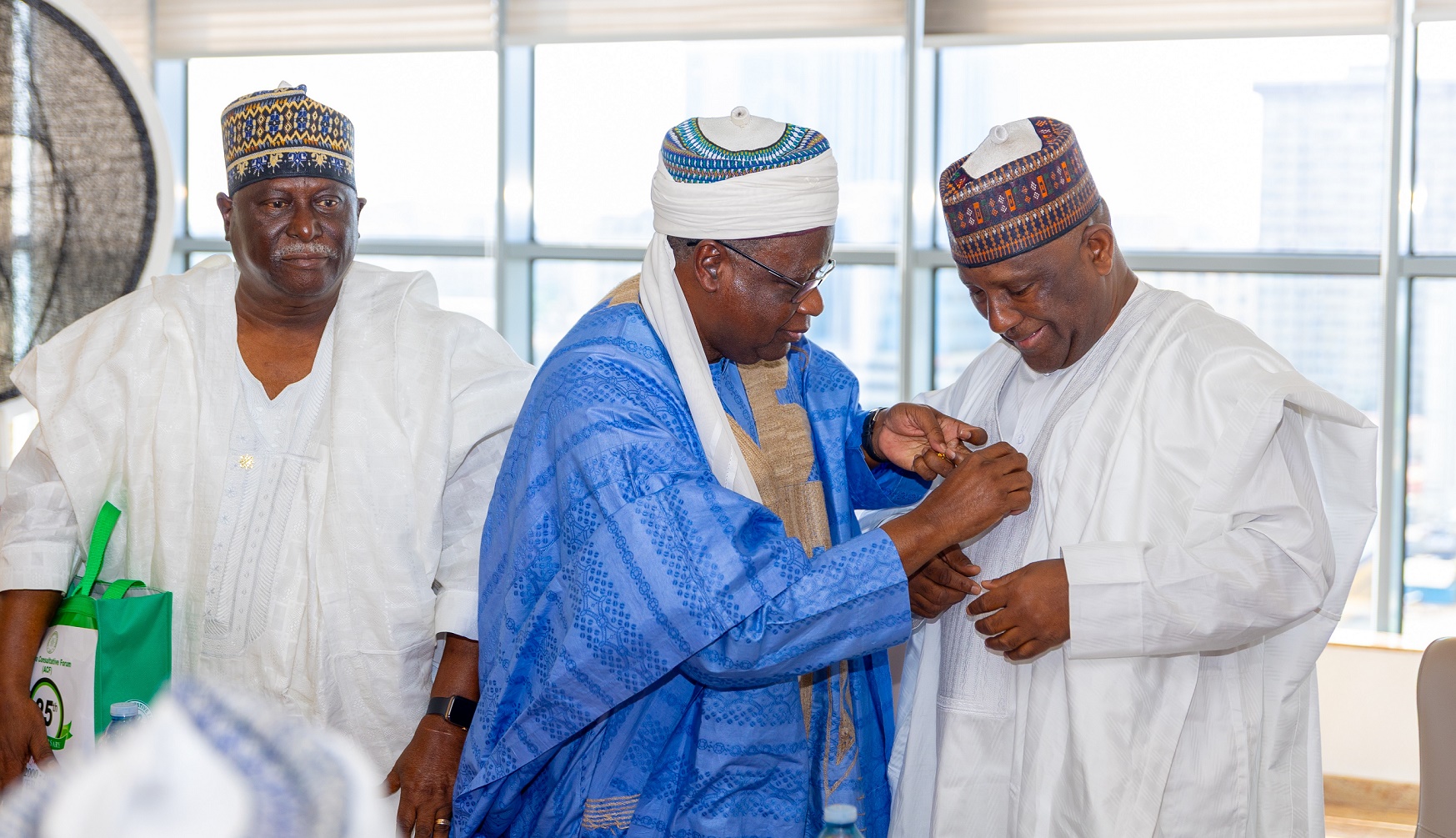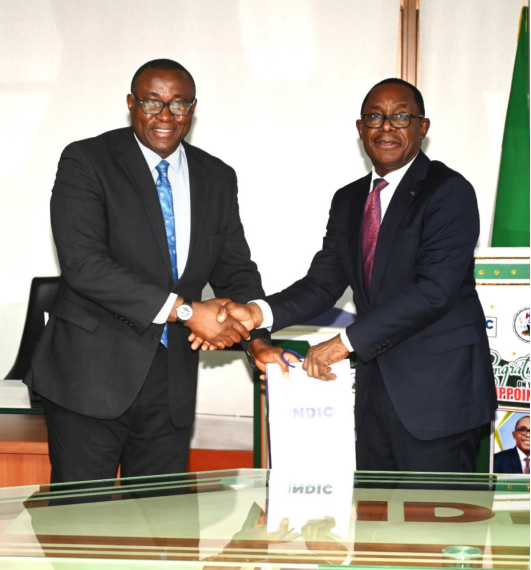
Random image of a building.
Poised to support the delivery of climate-smart health infrastructure across three levels of care, the Board of Directors of the African Development Bank Group has approved a $46m loan to finance a transformative initiative designed to enhance healthcare access and quality in Nigeria’s Sokoto State.
The project addresses critical health system gaps in the state with just one in 20 children fully vaccinated, and infant mortality at 104 deaths per 1,000 live births, which is nearly double Nigeria’s national average of 63.
Among key indicators reflective of the critical need for intervention, is the facgt that less than 14 percent of health facilities in the state have functional infrastructure, and just one doctor for every 8,285 people — far below the World Health Organization’s recommended ratio of 1:1,000.
The financing, the bank noted in a statement, will support the delivery of climate-smart health infrastructure across three levels of care. These include the construction and equipping of a 1,000-bed teaching hospital complex; three zonal hospitals with a combined capacity of 450 beds; and six primary healthcare canters strategically located to serve rural communities.
The project also includes the rehabilitation of health training institutions and the development of a modern medical warehouse to strengthen pharmaceutical supply chains.
“This investment illustrates our commitment to continue working with the Government to fill critical infrastructure gaps in Nigeria’s health system while building resilient, climate-adapted healthcare facilities,” said Abdul Kamara, Director-General of the African Development Bank’s Nigeria Office.
“By strengthening healthcare infrastructure in Sokoto State, we are building hope and creating pathways to better health outcomes for millions of Nigerians.”
Aligned with Nigeria’s National Development Plan (2021-2025) and the Health Sector Renewal Investment Initiative, the project is expected to generate approximately 2,500 jobs, with 60 percent of opportunities targeting youth and 30 percent women. In addition, the project will integrate electronic health infrastructure and renewable energy systems, ensuring sustainable, energy-efficient operations while reducing greenhouse gas emissions. Expanded capacity in local the medical and nursing schools will create 700 new training slots annually, helping to address the region’s acute shortage of skilled health professionals.
The initiative builds on the AfDB’s successful track record in Nigeria’s health sector, where it has financed four health infrastructure projects totaling $117.68 million.
It will leverage strategic partnerships with the United Nations Children’s Fund, the World Health Organization, USAID, and other development actors to maximize impact and ensure comprehensive health system strengthening.
The African Development Bank Group remains committed to enhancing the quality of life for Africa’s people through targeted investments in resilient health infrastructure that drive inclusive growth and sustainable development across the continent.











